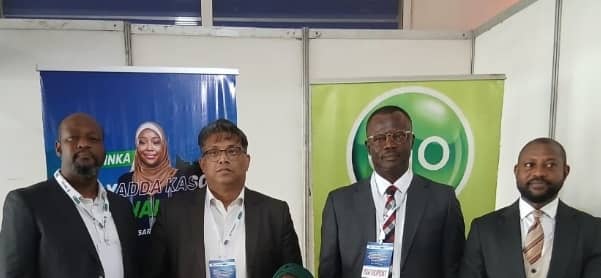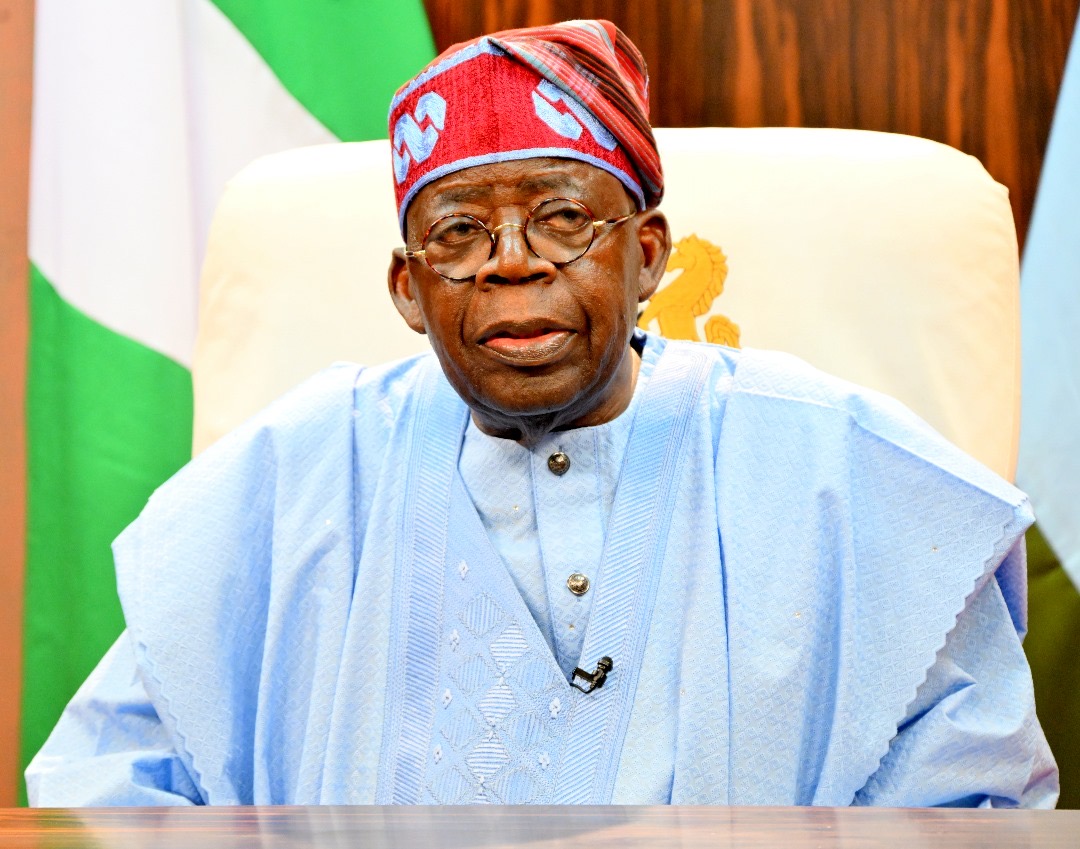The Director-General of the Nigerian Conservation Foundation (NCF), Dr. Joseph Onoja, discusses key environmental issues, the Conference report of Ramsar COP15 and its importance for Nigeria. The 15th meeting of the Conference of the Contracting Parties (COP15), took place from 23 to 31 July 2025 in Victoria Falls, Zimbabwe. Onoja outlines the importance of wetlands and states why they must be conserved. Bennett Oghifo reports
What is Ramsar COP15 and why does it matter to Nigeria?
Ramsar is an Iranian city where the agreement to conserve wetlands was first established, hence the name “Ramsar Convention.” It is a global treaty for the conservation and wise use of wetlands. Countries that have signed up are called Parties. Wetlands identified as internationally significant based on specific criteria are designated as Ramsar sites. Every two or three years, Parties meet to review progress, evaluate agreements, and determine new measures to strengthen global wetland conservation.
Why are wetlands so important?Wetlands are vital ecosystems. They recharge groundwater, serve as biodiversity hotspots, and support livelihoods by providing water, fish, and fertile soil for farming. They build community resilience by absorbing excess water during floods and releasing it during dry periods. Wetlands also provide habitats for aquatic and terrestrial species.
Seeing how Nigeria is home to mangroves, freshwater wetlands, and key migratory bird flyways, how will COP15 resolutions impact conservation efforts here?
Nigeria’s wetlands are of immense value. We have the Apoi Creek Forest, Baturiya wetlands, Lake Chad wetlands, the Niger Delta, and the Hadejia-Nguru wetland, which is especially important for the Sahel. It holds over 120,000 birds across 69 species and serves as a stopover for migratory birds from Europe. Local communities depend on these wetlands for fishing, irrigation, and transportation. The Ramsar Convention is therefore critical for Nigeria’s conservation efforts.
What are the key resolutions from the convention that touch Nigeria?
Nigeria was represented at COP15, and some important outcomes include: Establishment of the Waterbird Estimate Partnership. This global initiative will coordinate waterbird counts. Nigeria, as part of the East Atlantic Flyway, will play a central role. The NCF, BirdLife’s partner in Nigeria, has long organized annual bird counts, and our expertise contributed to shaping this partnership. The first World Waterbird Estimate will take place in 2027, and Nigeria will be fully involved. Engagement with the Convention’s Secretary General: Dr. Musonda Mumba called on Nigeria to play its part in implementing Ramsar commitments. The Nigerian delegation pledged full support, and her proposed visit to Nigeria coincides with the plan to designate six additional Ramsar sites. Preparations are underway with relevant authorities to make this a reality.
How do Ramsar COP15 outcomes prepare Nigeria and Africa to better address climate change? And are youths included in these conversations?
Climate change directly affects wetlands and biodiversity. Ramsar recognizes the need for synergy with other global conventions to address these challenges. Youth engagement is crucial. A coalition called Youths for Wetlands was launched, and NCF signed on. Young people bring energy, innovation, and technical know-how. Many also participate in Nigeria’s annual waterbird counts, especially in coastal and mangrove areas, where NCF has built local capacity. This gives youths both learning and earning opportunities while contributing data to global databases. Healthy wetlands support migratory birds, local communities, and biodiversity. Conserving them sustains both ecosystems and livelihoods. Youth have the energy, innovation, and expertise to drive wetland conservation in new ways.
Nigeria raised the issue of outdated wetland data. Why is updating this data significant?
Outdated data limits effective management. Some wetlands may have been degraded or lost. Updating inventories helps us know their current status and informs conservation actions. This review process has already led to the proposal of six additional Ramsar sites in Nigeria. Outdated wetland data is not useful. Updating it is critical to know what we still have and how to conserve it.
How do global Ramsar decisions translate into local benefits for Nigeria?
Conservation has no borders. For instance, if you consider migratory birds that change locations in different seasons, in Europe they are called European birds. Once they cross into Nigeria they become Nigerian birds. If one country conserves wetlands while another neglects them, the birds suffer. This global interdependence is why Ramsar matters. Freshwater is increasingly scarce and a potential source of conflict. Conserving wetlands helps secure it. For Nigeria, protecting wetlands also strengthens our case for international financial and technical support. Freshwater may look renewable, but the way we are using it, it is becoming non-renewable.
With Africa Climate Week approaching, how do Ramsar outcomes position Africa for stronger climate action?
Climate change is shrinking wetlands, as seen in Lake Chad, which has lost over 95% of its original size. Africa Climate Week provides an opportunity for the continent to unite around financing, renewable energy, youth, and community roles so Africa can speak with one voice at COP30 in Brazil.
What about the role of traditional knowledge in wetland conservation?
Indigenous communities have conserved landscapes for generations, relying on them for food, medicine, and livelihoods. Their knowledge is invaluable. We must ensure their voices are heard alongside science, or we risk sidelining their needs and weakening conservation. Encouragingly, many communities are willing to share their knowledge, which is a strength we must build on. Without the knowledge of indigenous communities, we would not be talking about wetlands conservation today.
What message would you like to leave with Nigerians about protecting wetlands?
We all have a duty to protect our habitats—forests, wetlands, everything. If we fail, nature will protect itself without us. Policymakers must not only make but also enforce strong, practical conservation policies. Wetlands are not apart from us; they are a part of us. If we fail to protect them, they will fail to protect us. For local communities, wetlands are your lifeline. Guard your resources; don’t trade long-term well-being for short-term gain. Protecting wetlands safeguards your future and that of your children. Don’t trade your children’s future for short-term gain. Guard your resources jealously.


